from Livescience.com https://ift.tt/39v16eL
via IFTTT
world and global knowledge that you should know
Crossing a bridge with a remarkable view is a wonderful experience. But what if it’s a zigzag bridge with a height of 250 ft? Are you still excited to pass though it looks so dangerous?
We have listed here the 10 most dangerous bridges in the world. They offer the best views to anyone who is willing to cross them yet dangerous too. While some of them would test your patience and strength as they are one of the longest bridges you’ll probably encounter.
Vitim River Bridge is one of the spectacular but dangerous bridges in the world. The old train bridge is located in Siberia, 570 meters long and 50 feet above the water. It has no railings and the width is not wide enough for a car to pass. Looks so scary, right?
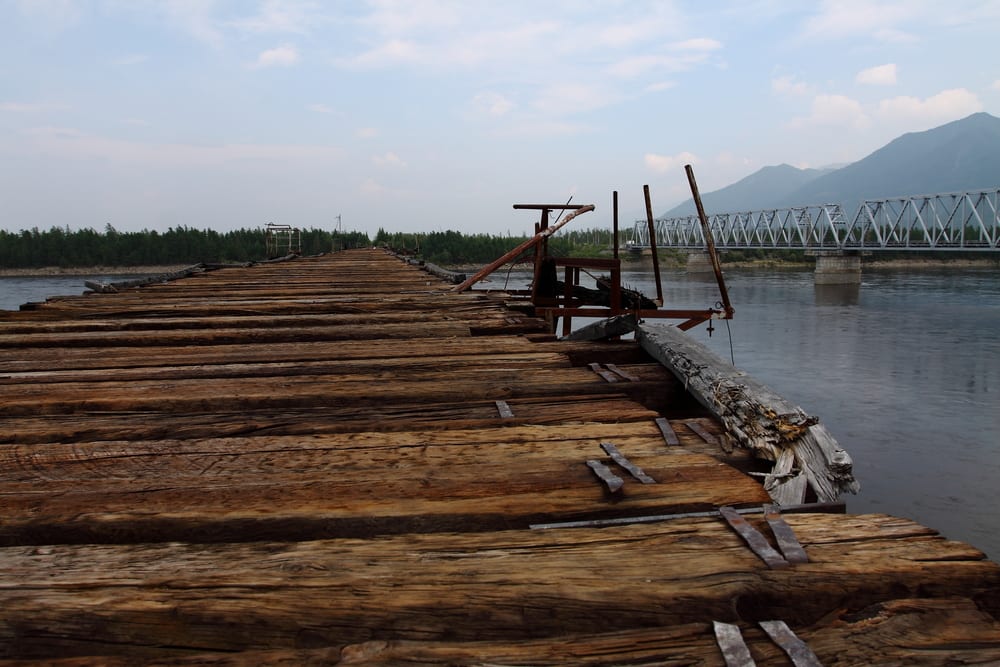
Found in the Alps of Gadmen is a simple suspension bridge called Trift Bridge, spanning 170 meters with a height of 100 meters.
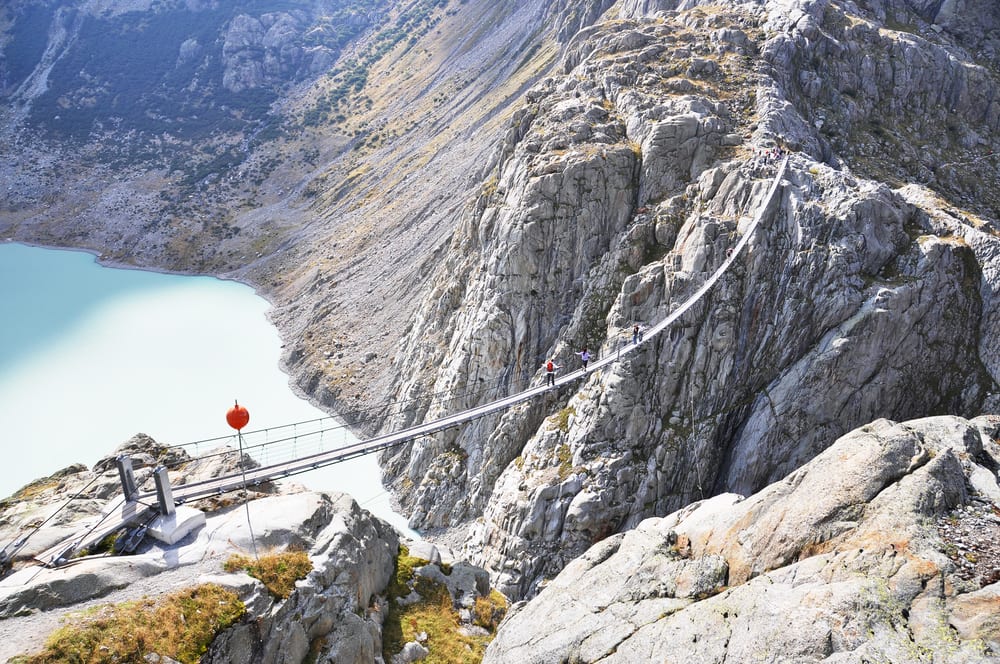
A rope bridge in Antrim, Northern Ireland is a Carrick-A-Rede Rope Bridge. It is 20 meters long and 30 meters high. The bridge is owned by National Trust and opens all year for tourists.
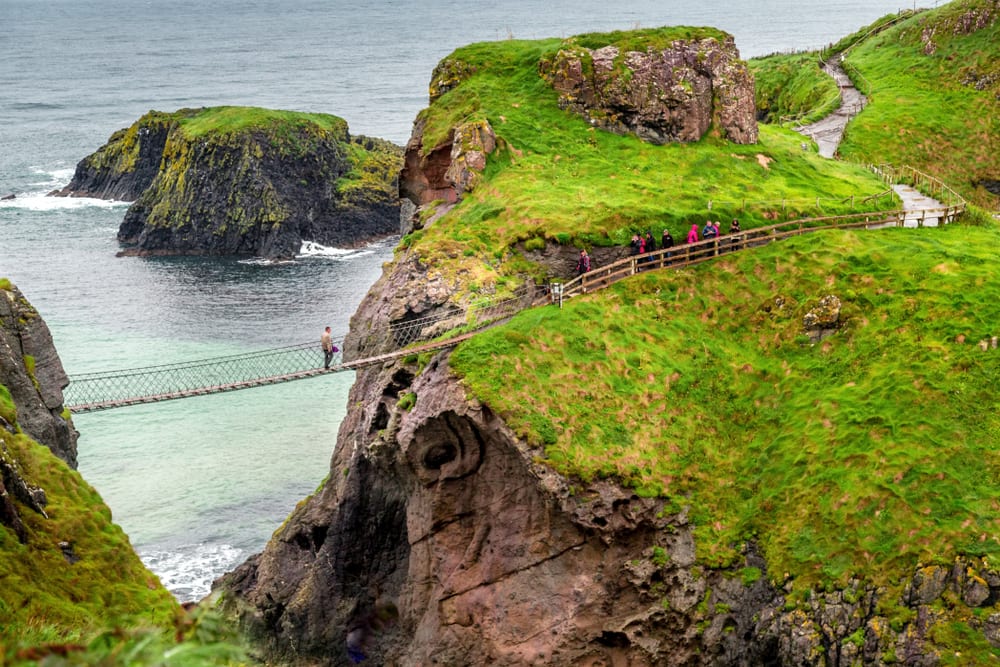
Marienbrücke or Mary’s bridge was named after Queen Marie. It is a bridge across Pöllat gorge. If you want to have a perfect view of the Neuschwanstein Castle, head over to Marienbrücke.
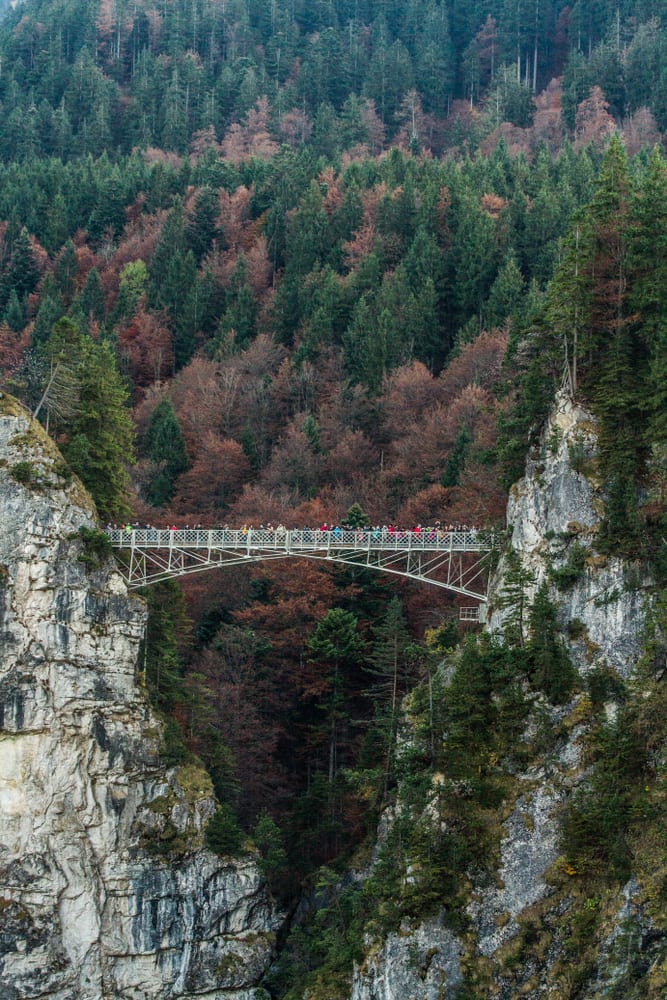
Image credit: Elisabetta Danielli / Shutterstock.com
In the District of North Vancouver, British Columbia, you can find the bridge called Capilano Suspension Bridge. It measures 140 meters long and 70 meters above the water. It is known to be one of the most dangerous suspension bridges in the world.

The Aiguille du Midi bridge is located in France. This bridge has narrow width with a height of 12600 feet above sea level; thus, not recommended to cross this bridge if you have heart problems.
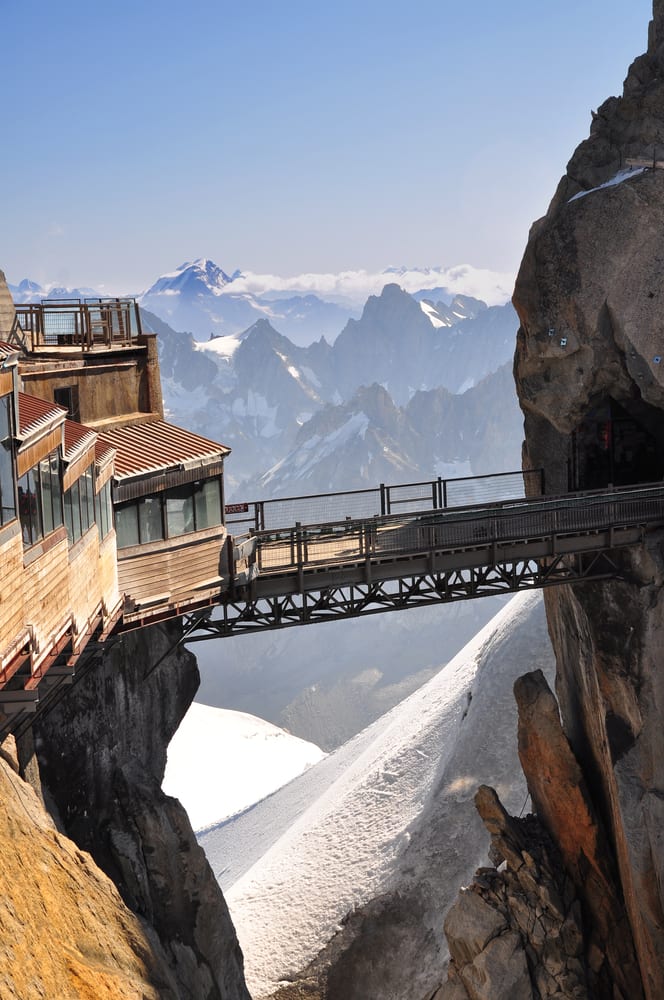
Langkawi Sky Bridge was completed in 2005 with 660 meters above sea level bridge deck and 125 meters curved pedestrian.
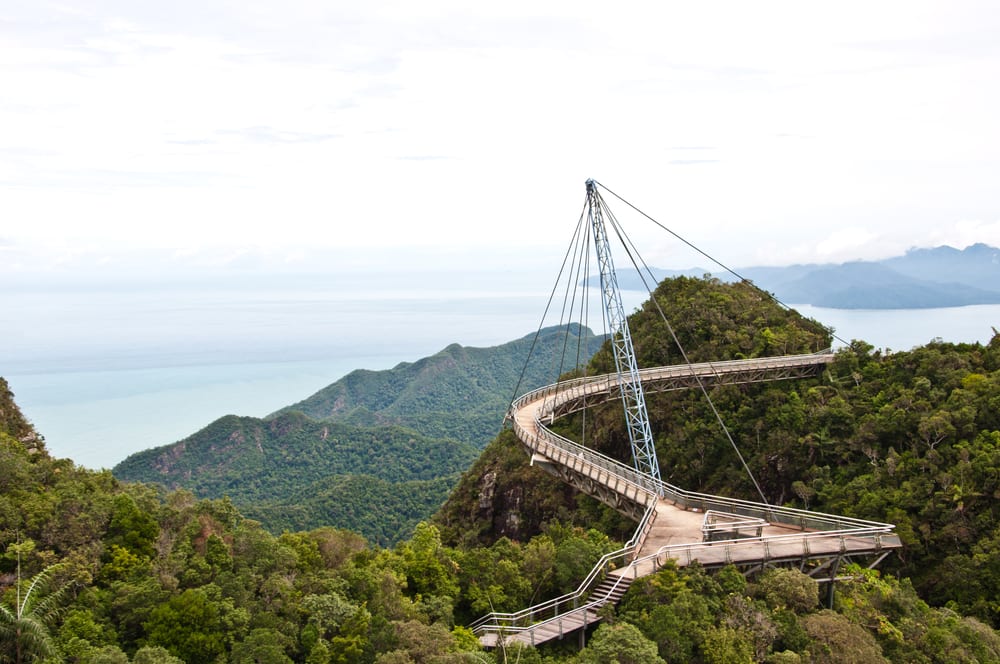
Royal Gorge Bridge is a known tourist attraction in Cañon City, Colorado. It belongs in the list of top ten highest bridges in the world until 2012.
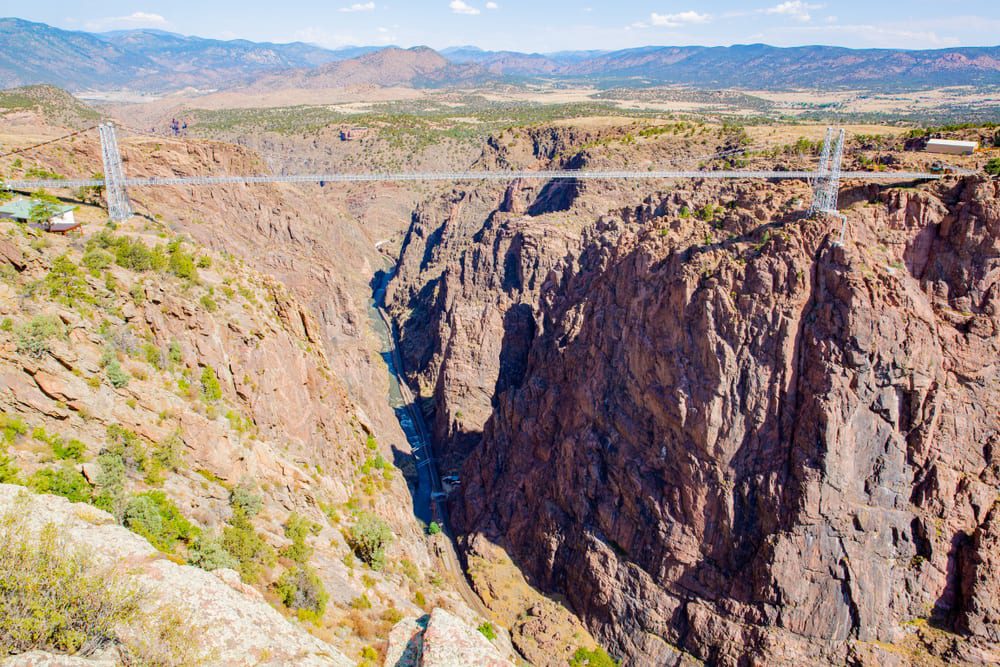
Deception Pass Bridge has a total length of 453 meters and width of 8.5 meters. This bridge located in Washington is a two-lane bridge that links Fidalgo in Deception Pass State Park and Whidbey Island.

This bridge in Gus Village, Nepal was not just built for the people and tourists but also for the cattle. Though the bridge looks unsafe and seems unstable to use, it is still safe as it has high railings.

The post 10 Most Dangerous Bridges in the World appeared first on 10 Most Today.
People are susceptible to different kinds of diseases everyday, depending on their lifestyles and other significant factors. Unfortunately, some diseases are deadlier than others. Below are the 10 most deadly diseases in the world, ranked by the World Health Organization (WHO).

Vessels supply blood to our heart and if the major vessels become damaged then this condition is called Coronary Artery Disease. Smoking and unhealthy dieting are common causes of CAD. Coronary Artery Disease is responsible for 15.5% of deaths in the world, with 8.8 million deaths in 2015. Smoking, diabetes, hypertension, hypercholesterolemia, family history and obesity are the risk factors for CAD.

A stroke happens when the artery that supplies blood to the brain is leaked or blocked. The cell, which is oxygen-deprived, dies within a short period of time (minutes) after the blockage. Stroke is responsible for 11.1% of deaths in the world. Mortality rate from this disease increased from 5.7 million to 6.2 million between 2000 to 2015. Those with high blood pressure, a smoker, with a family history of stroke, African American race and females are at high risk for developing this disease.

Lower respiratory infection includes pneumonia, bronchitis, and influenza. The season of flu is prevalent mostly in the colder period. Lower respiratory infection causes 5.7 % mortality worldwide, 3.2 million deaths in 2015

In COPD, the lungs are mainly affected which results to difficulty in breathing. Tobacco use and second-hand smoking are its leading causes. 3.1 million deaths occurred because of COPD in 2015 and contribute to 5.6% of overall deaths around the world.

Bronchial cancers, tracheal, and lung cancers are included on the list of respiratory cancers. Pollution is the main source of these cancers through carcinogens, smoking, and second hand smoking. 1.7 million deaths were reported in 2015 which contributes to 3% deaths overall.

The pancreatic cell production is limited and barely or no longer producing insulin for Diabetes Mellitus Type 1. For Diabetes Mellitus Type 2, the sensitivity of cells to insulin is lost which results to becoming resilient. Diabetes Type 1 has no cure but Diabetes Type 2 is maintained through exercise and proper diet. In 2015, due to complications, an estimation of 1.6 million died and contributed 2.8% of overall deaths.

This disease gradually destroys thinking and memory skills of an individual. Alzheimer’s disease is a progressive brain disorder and irreversible. In 2015, there were 1.5 million deaths because of this disease and responsible for 2.7% death in the world.

Diarrhea can cause frequent excretion of watery stools, more than three times a day. This will deplete the salt and water in the body and can be life-threatening if not treated early. In 2015, 1.4 million deaths occurred due to diarrheal disease. It’s also the second leading cause of death among children below five years old.
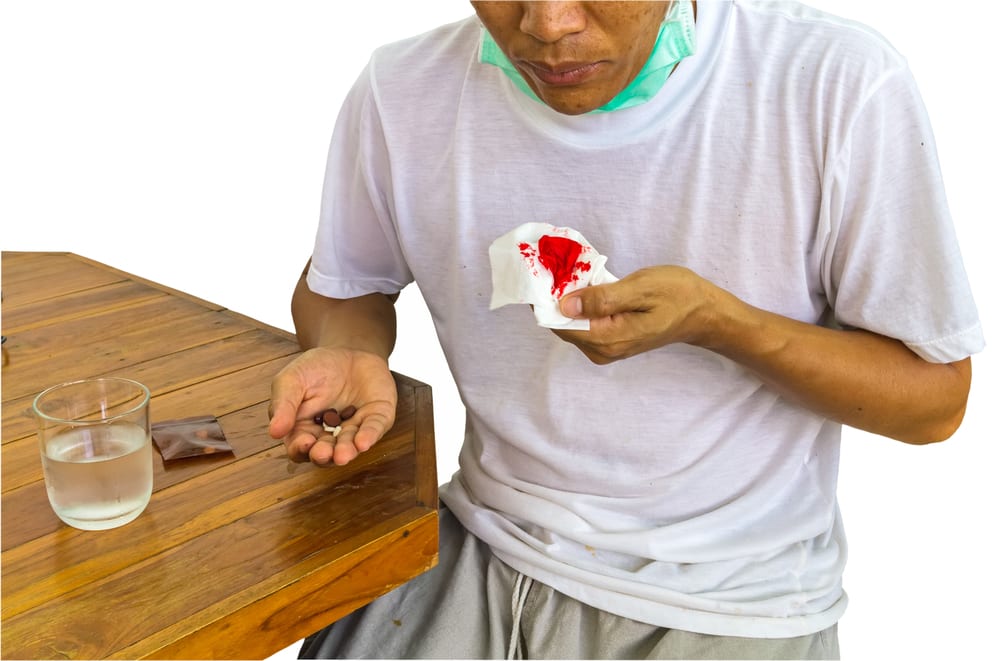
TB (tuberculosis) is an infection that’s caused by the bacteria called Mycobacterium tuberculosis. The mode of transmission is airborne. It’s included in the leading causes of death for individuals who have HIV. In 2015, 1.3 million died due to TB, which contributes to 2.4% of deaths in the world.
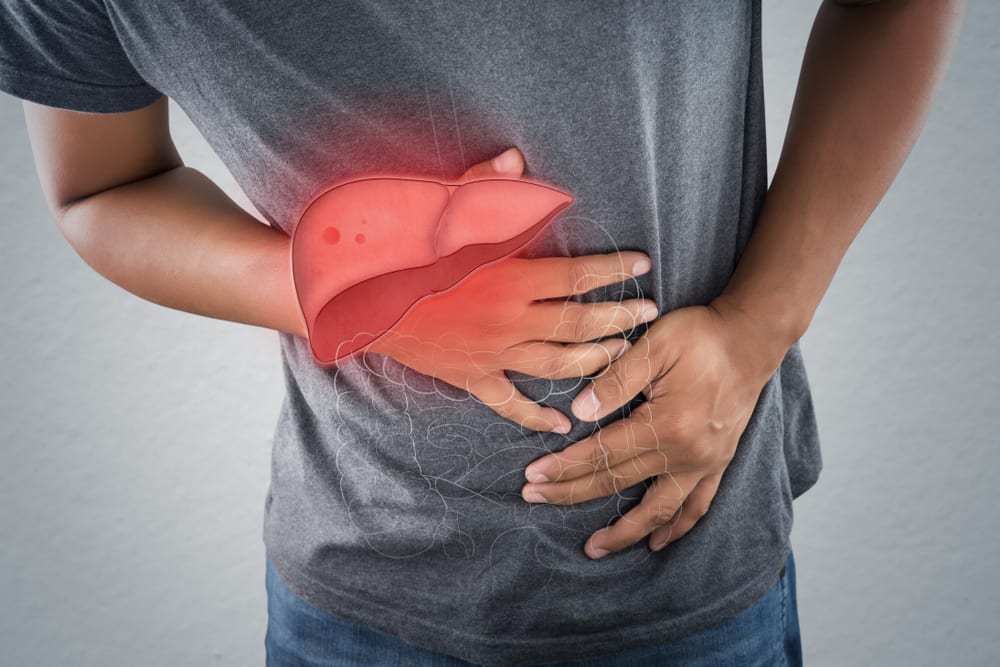
A complication of the liver disease, with scarring of the liver because of long-term liver damage. Cirrhosis is responsible for 2.1% of deaths in the world and 1.2 million mortality in 2015.
The post 10 Most Deadly Diseases in the World appeared first on 10 Most Today.
Dogs are playful, love to run and chase balls. Because of their high energy and admirable speed, some of them are used in races and contests.
Check out the list of 10 fastest dog breeds in the world.
Greyhound, with a speed of 43MPH, has been bred for racing. If you check the ancient Egyptian history, greyhound-like dogs carvings are present inside pyramid tombs.

A breed from Hungary, Vizsla can reach a speed up to 40MPH. They are considered loyal companions and great sporting dogs. So choosing this breed to be part of your family is a good choice!

Saluki is a sighthound and can reach the speed of 40MPH. Typically, the modern breed is long-legged and deep-chested. Male Salukis are slightly bigger than females.

Also called Parson Russell Terrier, this cute dog breed was developed 200 years ago in England to hunt foxes. It has a speed of 38MPH.

This medium-sized dog can run up to 37MPH and was bred as carriage dogs. Dalmatian is a popular family pet too.
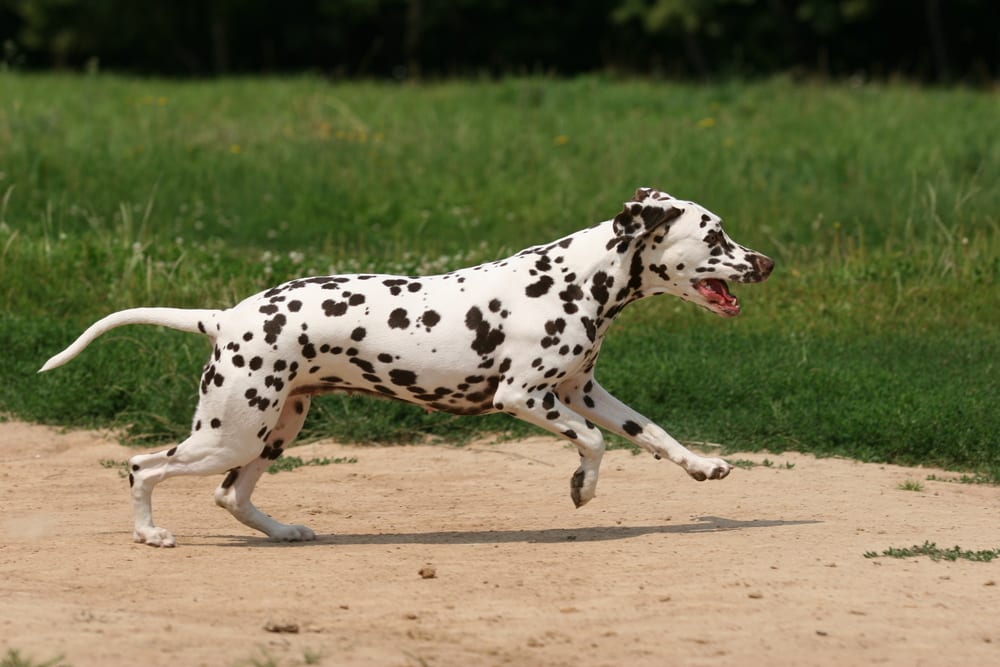
Borzoi breed is also known as Russian wolfhound. This independent and athletic breed can run with a speed of 36MPH.
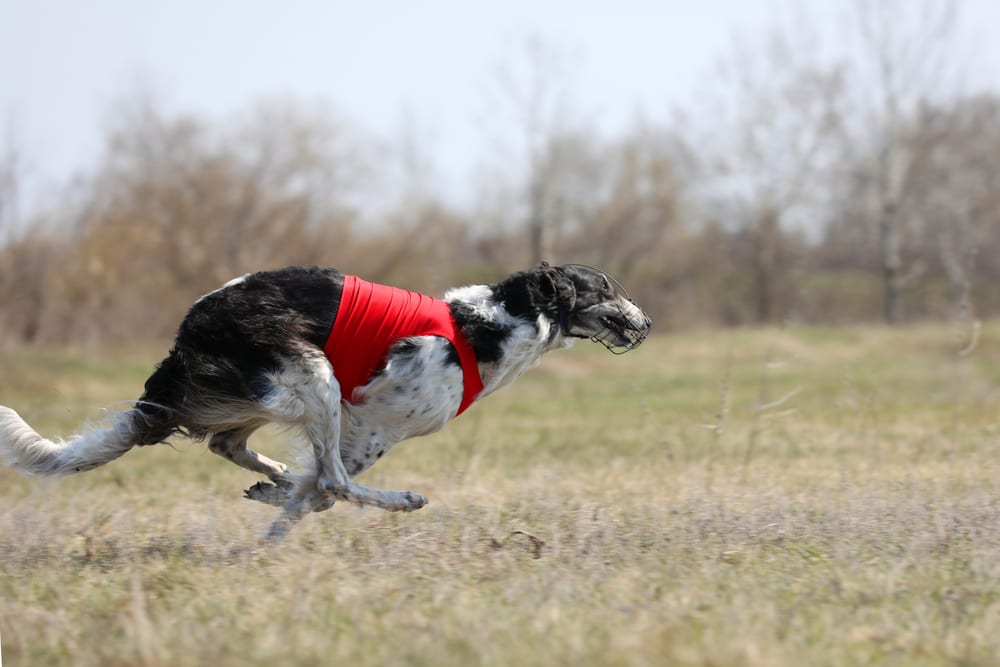
Whippets are good hunters as they can catch very fast preys at 35 MPH. They are also used for racing.

Timed at 35MPH, Weimaraner was originally bred to hunt wolves and deers. This large dog is considered an all-purpose gun dog.

Doberman Pinschers are loyal companions, alert and intelligent type of breed. They can be a great military working dogs too. Because of its speed of 30MPH, Dobermann is one of the fastest dogs in the world.

A herding and working dog breed, Border Collie can run up to 30MPH. It was bred for obedience and intelligence.

The post 10 Fastest Dog Breeds in the World appeared first on 10 Most Today.
Are you planning to migrate to a more peaceful country? Or maybe you’ve decided to take a vacation and head to a place where you can relax and get off all the stress and tension in your head? Below are the 10 most peaceful countries that you might want to include on your checklist!

In the current years, Iceland became a hotspot for tourism for a good reason. It has great outdoors, a spectacular landscape with glaciers, mountains, and volcanoes. But if its scenery doesn’t convince you to stay full-time, perhaps its stability will because for the last six years, Iceland is regarded as the most peaceful place worldwide.

Denmark is not only a serene and stunning country but also one of the happiest places worldwide. This is according to an annual ranking of the World Happiness Report, which is published by United Nations Sustainable Development Solutions Network–and a certain dose of happiness never hurts.

A laid-back kind of life is what you’ll find in New Zealand. This island is brimming with mountains, forests, beaches, fjords, lakes, and rivers so how can you manage not to relax in this place. Also, it ranks high in its security, and it is low on current international and domestic conflict.

Need to escape to the hustle and bustle of the big city and want to feel the green meadows and beautiful mountain? Austria’s the place. But if you’re the city person type, Austria‘s got it too. For seven straight years, Austria’s capital Vienna has been rated as a top city on Mercer’s “Quality of Life Index” which means personal freedom and political stability is never short here.

With a decrease rate in violent demonstrations along with its low rating of political stability, Portugal climbed six places for the Global Peace Index. This country also has picturesque coasting stretching almost 500 miles. With a moderate climate, its capital Lisbon is among the sunniest cities in Europe with about 2,806 hours of sunlight per year.

There’s a rationale for the term “being Switzerland” with regard to neutrality. This nation is among the lowest rank all over the world for ongoing international and domestic conflict. Apart from that, its largest beautiful city Zurich is ranking second worldwide generally for its quality of living and also its personal safety as stated in Mercer.
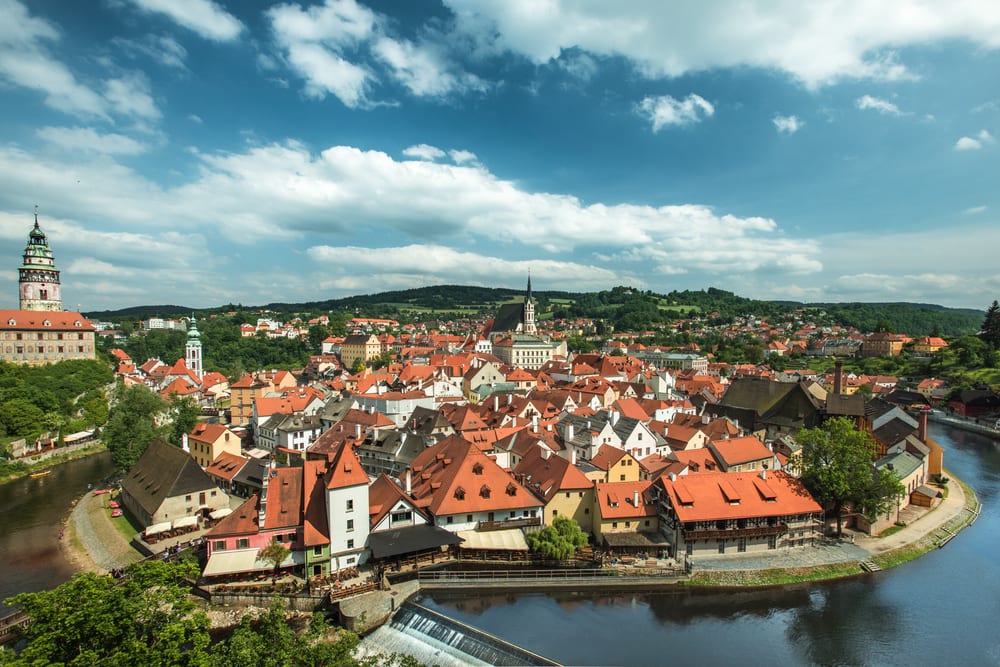
The militarization of the Czech Republic ranks second lowest all over the world, as stated by the GPI. In September 2016, this country’s unemployment rate was the lowest in Europian Union. Its capital Prague is rich with cultural attractions and full of stunning historic architecture.

Planning to migrate to Canada may probably not a bad one. Apart from it being higher on Global Peace index than America in which Canada is 95th, it has good family policies, and the rate of its firearm homicide is lower.

This country of vast forest and mountains has a low crime rate and it ranks low also from terrorism and political violence, which makes this a peaceful place to stay.

If the beautiful pagodas and cherry blossoms do not appeal to you, this might do — as stated by the World Health Organization, the life expectancy all over the world is highest in Japan with 83.7 years. In addition to that, Japan is second worldwide for advances in technology on Bloomberg’s “Innovation Index.”
The post 10 Most Peaceful Countries in the World appeared first on 10 Most Today.